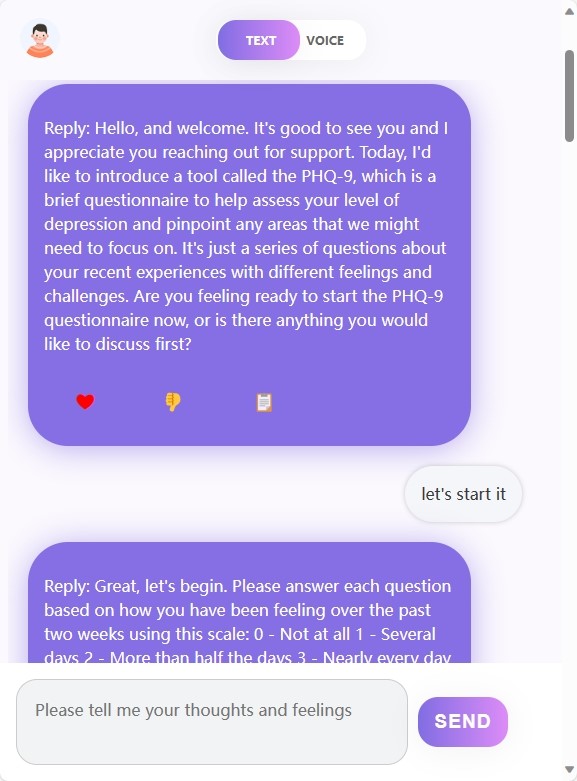
Depression - The Silent Epidemic Affecting Millions
Depression is one of the most prevalent mental health disorders globally, affecting over 300 million people worldwide. In the US alone, more than 21 million adults suffer from depression each year. It is estimated that 1 in 5 Americans will experience a depressive episode at some point in their lives. However, statistics likely underrepresent the true scale as many cases go undiagnosed and untreated due to the stigma surrounding mental illness. The immense burden of this silent epidemic on our society is difficult to overstate.
Defining Depression
Depression is a mood disorder characterized by persistent feelings of sadness, emptiness, worthlessness and loss of interest in activities that once brought pleasure. Additional symptoms can include fatigue, insomnia or excessive sleeping, lack of concentration, irritability, appetite changes, and suicidal thoughts. These symptoms persist for weeks or months and impair one's ability to function at work, school or in relationships.
Depression results from a complex interplay of genetic, biological, environmental and psychological factors. Imbalances in brain chemicals like serotonin and stress hormone dysregulation in the hypothalamic–pituitary–adrenal axis have been implicated. While the exact causes are still being investigated, this multi-factorial origin means successful treatment often requires a multi-pronged approach.
The Damage Depression Causes
The human and economic toll of depression is far-reaching. On an individual level, it devastates quality of life and functioning. People struggle to meet work deadlines, parent effectively and maintain healthy relationships while in the throes of depression. And this disabling condition is now the leading cause of ill health and disability worldwide.
Beyond personal distress, depression takes a toll on physical health too. Those afflicted have increased vulnerability to illnesses like heart disease, stroke, type 2 diabetes and Alzheimer's disease over time. The risk of suicide also rises markedly, making depression the second leading cause of death among 15-29 year olds globally.
And society bears these costs as well. The estimated economic impact in the US from lost productivity and treatment expenses related to depression is over $210 billion per year. For families, out-of-pocket costs for therapy and medication make treatment difficult to access.
Diagnosing Depression
Given the immense burden of depression, why do so few get treatment? Stigma and lack of access to mental health professionals pose barriers. Many are reluctant to discuss feelings or unable to recognize symptoms. Here, using simple screening tools can help. The Patient Health Questionnaire (PHQ-9) is one validated diagnostic test anyone can easily take online.

The PHQ-9 asks about core symptoms of depression based on the DSM-5 criteria. Taking just 5 minutes to answer the 9 questions on this self-administered test yields a score assessing the presence and severity of probable depression. Try this free sample PHQ-9 screen today on the HeartDialog website to determine if you may be suffering from untreated depression.
Treating Depression
While no single cure exists, depression is a highly treatable condition. Evidence-based treatment modalities include psychotherapy, medication and lifestyle changes. Cognitive behavioral therapy helps patients modify dysfunctional thought patterns contributing to depression. Antidepressant medications like SSRIs can balance key neurotransmitters like serotonin. Exercise, sleep hygiene, stress management and social connection also relieve symptoms for many.
HeartDialog utilizes compassionate conversational AI and natural language processing to make research-backed CBT and counseling support accessible to all. Users describe their experiences to a virtual therapist anytime to receive personalized feedback and suggestions from large language models trained on therapy techniques. This innovative approach expands care options to meet the vast, unmet mental health needs of today.
A Beacon of Hope
If you or a loved one are showing signs of depression, take heart in knowing you don't have to suffer in silence or go it alone. Reach out to a professional and be open with friends and family who can support you through the healing process. While the road isn't easy, a wealth of resources now exist to treat depression more effectively than ever before. You deserve to live a meaningful life unburdened by mental illness. Take the first step today.
In closing, depression affects far too many, takes an immense toll, yet often goes untreated. But through public awareness, screening tools and expanding access to therapies like those offered by HeartDialog, we can stem this silent epidemic. Clinical support provides a lifeline of hope to finally overcome depression’s grip. You hold more power than you know to take back your mental health.